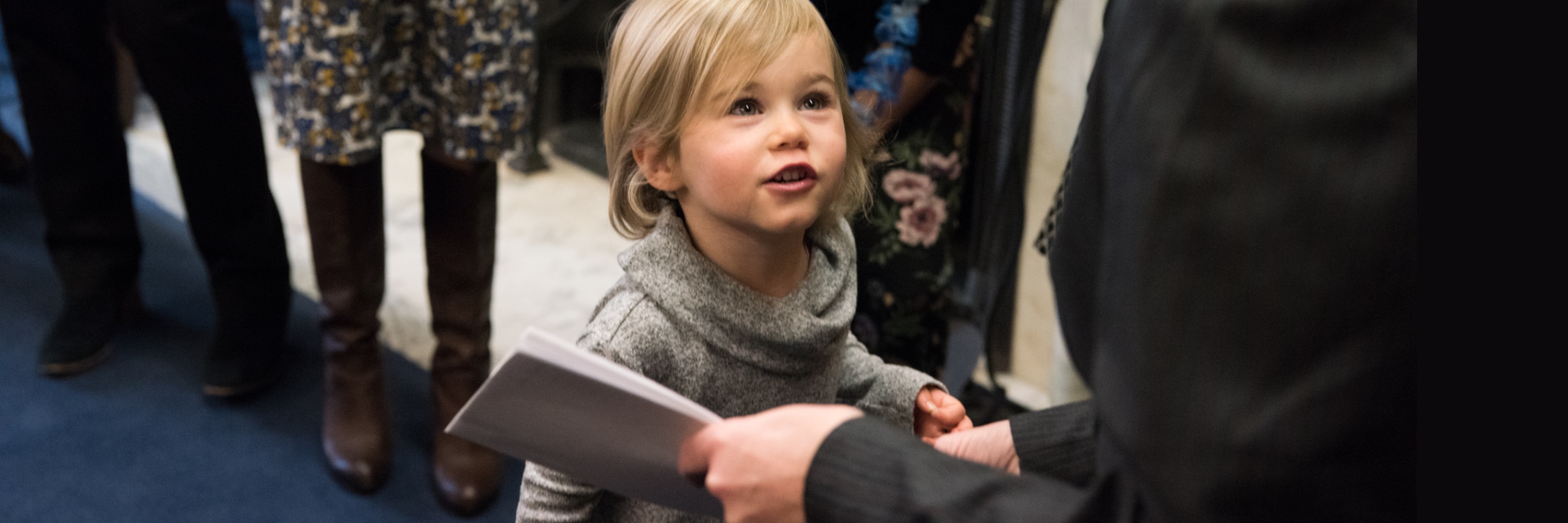Legislation to restore the expanded Child Tax Credit (CTC) was just introduced in the Senate, a crucial measure for many—sadly, not all, with 11 million children and youth in the United States whose economic mobility has been severely obstructed. The Working Families Tax Relief Act of 2023 (WFTRA) introduced June 14, much like the American Family Act introduced earlier in June, would make the following improvements to the CTC:
- Increases the CTC to $3,000 for children ages 6-17 and $3,600 for children ages 0-5.
- Makes the credit “fully refundable,” meaning even the lowest-income families are eligible for the full value of the credit.
- Delivers the credit monthly as it was in 2021, providing a reliable source of financial stability as families navigate economic uncertainty.
However, the bill excludes children and youth who use Individual Tax Identification Numbers (ITINs), a position inconsistent with that of 41 senators. CDF is fully committed to fighting for an expanded CTC that is robust, fully refundable, monthly, and inclusive of all children, including those with ITINs.
A child’s well-being is tightly connected to their family’s financial stability. An analysis by the Center for Budget and Policy Priorities (CBPP) quantifies the potential effects of inaction, indicating that Congress’s failure to extend the CTC would send 10 million children into poverty or slip them deeper into poverty.
Yet, we have already seen evidence of the positive effects. The Spring 2021 CTC expansion was powerful and immediate. It kept 3.7 million children out of poverty and reduced insufficiency among families by 26%, as families used CTC funds to pay bills, buy food and groceries, pay their rent or mortgage, purchase clothing and shoes, and pay down debt. Extended legislation in 2021 also promoted family well-being, as 70% of caregivers reported that it made them feel less stressed.
Limiting access to the CTC will not only affect parents’ ability to work, but most alarmingly will harm children’s development, and limit youth’s access to higher education and independence—only worsening the cycle of child poverty in the US.
To ensure all children have equitable access to a bright future, federal and state-level policies must grow and adapt alongside the increasingly diverse population and center and support all communities—especially Black, Brown, immigrant, and mixed-status families. CDF calls on Congress to pass this legislation swiftly with modifications that take into account all of America’s children living in poverty.

